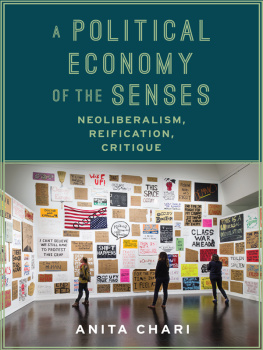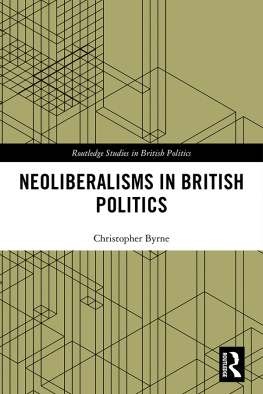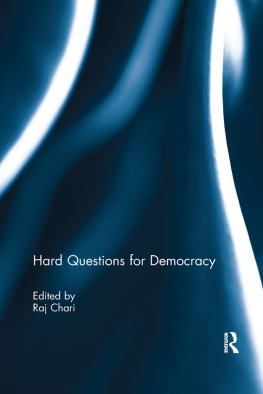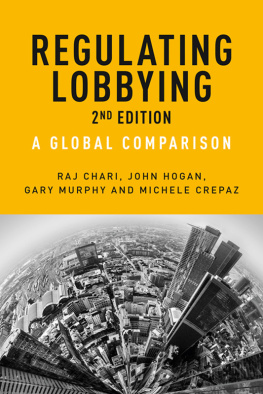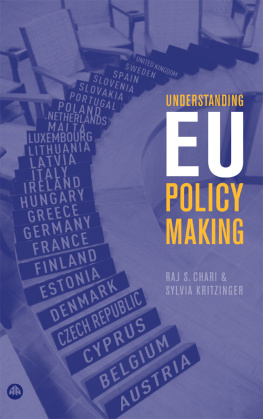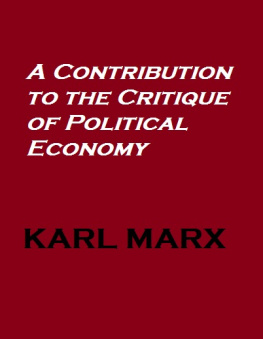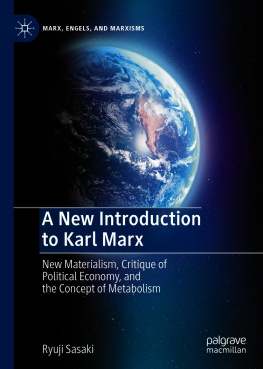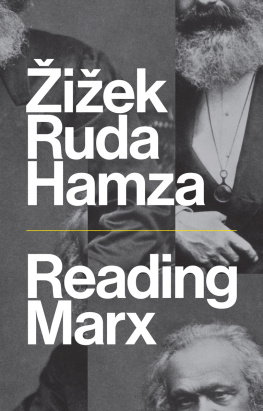A POLITICAL ECONOMY OF THE SENSES
NEW DIRECTIONS IN CRITICAL THEORY
NEW DIRECTIONS IN CRITICAL THEORY
AMY ALLEN, GENERAL EDITOR
New Directions in Critical Theory presents outstanding classic and contemporary texts in the tradition of critical social theory, broadly construed. The series aims to renew and advance the program of critical social theory, with a particular focus on theorizing contemporary struggles around gender, race, sexuality, class, and globalization and their complex interconnections.
Narrating Evil: A Postmetaphysical Theory of Reflective Judgment, Mara Pa Lara
The Politics of Our Selves: Power, Autonomy, and Gender in Contemporary Critical Theory, Amy Allen
Democracy and the Political Unconscious, Nolle McAfee
The Force of the Example: Explorations in the Paradigm of Judgment, Alessandro Ferrara
Horrorism: Naming Contemporary Violence, Adriana Cavarero
Scales of Justice: Reimagining Political Space in a Globalizing World, Nancy Fraser
Pathologies of Reason: On the Legacy of Critical Theory, Axel Honneth
States Without Nations: Citizenship for Mortals, Jacqueline Stevens
The Racial Discourses of Life Philosophy: Ngritude, Vitalism, and Modernity, Donna V. Jones
Democracy in What State? Giorgio Agamben, Alain Badiou, Daniel Bensad, Wendy Brown, Jean-Luc Nancy, Jacques Rancire, Kristin Ross, Slavoj iek
Politics of Culture and the Spirit of Critique: Dialogues, edited by Gabriel Rockhill and Alfredo Gomez-Muller
Mute Speech: Literature, Critical Theory, and Politics, Jacques Rancire
The Right to Justification: Elements of Constructivist Theory of Justice, Rainer Forst
The Scandal of Reason: A Critical Theory of Political Judgment, Albena Azmanova
The Wrath of Capital: Neoliberalism and Climate Change Politics, Adrian Parr
Media of Reason: A Theory of Rationality, Matthias Vogel
Social Acceleration: The Transformation of Time in Modernity, Hartmut Rosa
The Disclosure of Politics: Struggles Over the Semantics of Secularization, Mara Pa Lara
Radical Cosmopolitics: The Ethics and Politics of Democratic Universalism, James Ingram
Freedoms Right: The Social Foundations of Democratic Life, Axel Honneth
Imaginal Politics: Images Beyond Imagination and the Imaginary, Chiara Bottici
Alienation, Rahel Jaeggi
The Power of Tolerance: A Debate, Wendy Brown and Rainer Forst, edited by Luca Di Blasi and Christoph F. E. Holzhey
Radical History and the Politics of Art, Gabriel Rockhill
The Highway of Despair: Critical Theory After Hegel, Robyn Marasco
ANITA CHARI
A POLITICAL ECONOMY OF THE SENSES
NEOLIBERALISM, REIFICATION, CRITIQUE
COLUMBIA UNIVERSITY PRESS
NEW YORK
Columbia University Press
Publishers Since 1893
New York Chichester, West Sussex
cup.columbia.edu
Copyright 2015 Columbia University Press
All rights reserved
E-ISBN 978-0-231-54038-4
Library of Congress Cataloging-in-Publication Data
Chari, Anita Sridhar.
A political economy of the senses : neoliberalism, reification, critique / Anita Chari.
pages cm. (New directions in critical theory)
Includes bibliographical references and index.
ISBN 978-0-231-17388-9 (cloth : acid-free paper) ISBN 978-0-231-17389-6 (pbk. : acid-free paper) ISBN 978-0-231-54038-4 (e-book)
1. Political sociology. 2. Neoliberalism. 3. Reification. 4. EconomicsPolitical aspects. I. Title.
JA76.C479156 2015
306.2dc23
2015005311
A Columbia University Press E-book.
CUP would be pleased to hear about your reading experience with this e-book at .
Cover image: Phase 1 Live Archive as presented at the Contemporary Jewish Museum in San Francisco, CA (2013).
Artist: Jason Lazarus. Documentation by Johnna Arnold (2013).
References to Web sites (URLs) were accurate at the time of writing. Neither the author nor Columbia University Press is responsible for URLs that may have expired or changed since the manuscript was prepared.
This book is dedicated to my parents, Gopalan Krishnamurthy, Manju Iyer, Sridhar Chari, and Jaya Chari.
CONTENTS
I T IS truly a joy after having worked on this book for so long to finally have the opportunity to give thanks to those who have supported me in manifesting this project. I would have never been able to birth this book into the world without the generous help of many family members, friends, colleagues, and teachers that I have been blessed to have in my life.
First, Id like to express my deepest gratitude to Patchen Markell for his generous, patient, and detailed feedback on this project at many stages. He supported my desire to pursue this idiosyncratic project early on and he helped me to give voice to ideas that were at the margins of political theory. This book would not be here without his ongoing guidance. I thank Lisa Wedeen and Moishe Postone, who gave me excellent feedback and guidance in the early stages of this work. Moishes seminars on the Frankfurt School were my original inspiration for writing about the critique of reification. I also would like to express my sincerest gratitude for Iris Marion Young (19492006), a gifted teacher and thinker, who taught me that it is our obligation as political theorists to be relevant and to be engaged.
I would like to thank the following scholars who have given me feedback on this work at various stages of the process and who have inspired me along the way: Axel Honneth, John McCormick, Joe Lowndes, John Bellamy Foster, Wendy Brown, Amy Allen, Andrew Dilts, Mark Olynciw, Mara Marin, Shalini Satkunandan, Chris Buck, Leigh Claire LaBerge, Rahel Jaeggi, Ira Allen, Colin Koopman, Rosa Williams, Jim Chandler, Yves Winter, Roco Zambrana, J. J. McFadden, Keeley McBride, James Ingram, Marianne Nabat, Jrgen Habermas, Kevin Olson, Davide Panagia, and Jodi Dean. I am indebted to discussions with Claire Fontaine and Jason Lazarus related to the ideas in of the book. Their work was a tremendous inspiration. Thanks to Claire Fontaine and Metro Pictures Gallery, Mika Rottenberg and the Andrea Rosen Gallery, Oliver Ressler and Zanny Begg, and Jason Lazarus for generously granting permission to reproduce their work here. I am also grateful for conversations that I was fortunate to have in the early stages of this project with Jacques Rancire and Alain Badiou, in the context of a reading group with Max Blechman and Rafeeq Hasan, which were formative for me in my desire to engage with post-Marxist theory.
I would like to thank the Department of Political Science at the University of Oregon for its support of my project and for creating a fertile ground for intellectual creativity. I would especially like to thank my department chair, Priscilla Southwell, for generously sponsoring a manuscript workshop for this book in 2013; my senior colleagues Dan Tichenor, Gerry Berk, and Joe Lowndes for facilitating the workshop; and Kevin Olson, Davide Panagia, and Jodi Dean for traveling all the way to Eugene, Oregon to provide extremely helpful commentaries on my work. My thanks as well to Greg Liggett, David Root, Robin Barklis, Crystal Brown, and Nicole True for research assistance.

